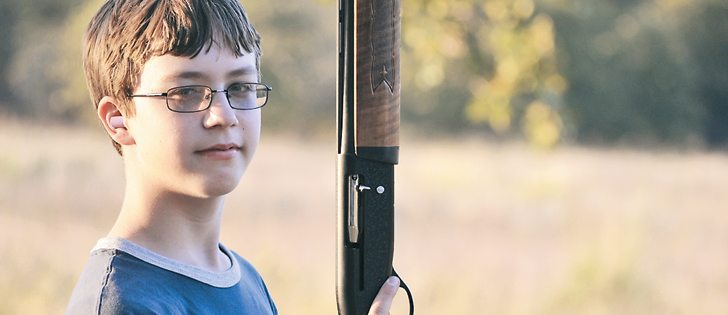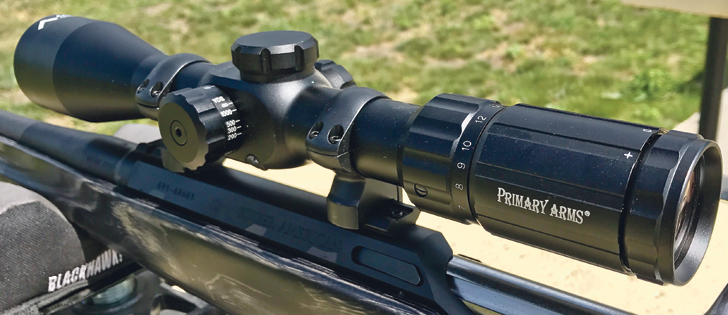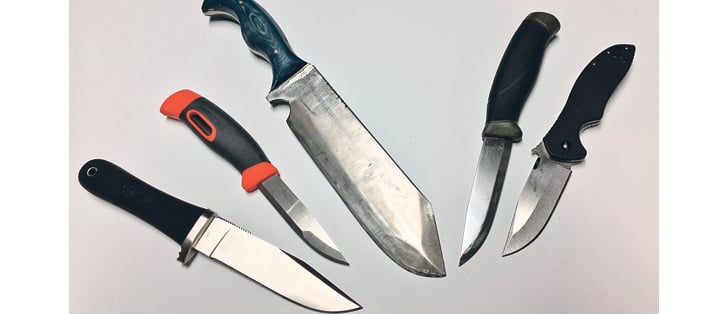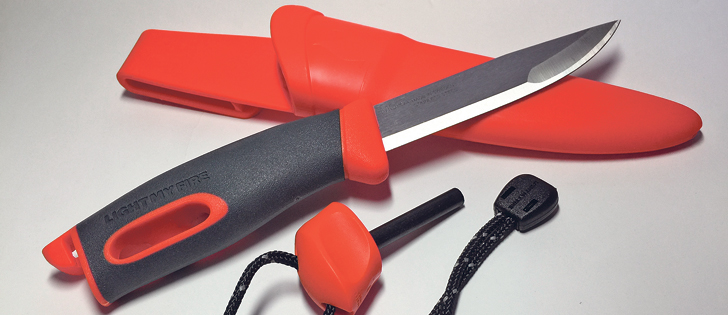One of the most important traits we can instill into a young mind is the ability to think critically for themselves. This characteristic is particularly important when it comes to firearms and hunter safety.
A few years back, I arranged for my son to take his Saskatchewan hunter safety training with the Saskatoon Wildlife Federation.
Knowing how to safely operate a firearm, identify game species and the basics of hunting are skills we should all possess.
Sadly, I have heard far too many stories about unethical and unsafe hunters. I’m sure many of our readers have disappointing stories of their own.
Read Also

High prices see cow-calf producers rushing to incorporate
Farm accountants are reporting a steady stream of cow-calf producers rushing to get their operations incorporated ahead of selling their calves this fall.
Like a good father should, I lead by example and took the hunter safety course with my son. I felt it important to be there with him to make the training experience as positive as possible. It also refreshed my existing knowledge.
I consider myself an outdoor generalist. I know enough to get by in most wilderness challenges, but will always defer to the experts in an individual pursuit. I can paddle a canoe, but by no means am I an Olympic competitor.
I have a tremendous amount of respect for veteran guides and hunters. I greatly value law enforcement and military marksmen. I try to instill this kind respect into my son when it comes to the real experts of a particular field.
When it comes to the dangers that surround firearms and hunting, education is important. It’s easy for an experienced person to believe they can pass on their skills, but unless they possess a natural knack for teaching, often things get lost in translation.
Formal training programs exist to give everyone an equal and solid foundation in the basics, rather than learning an accidentally biased or overly specialized set of skills. It’s important for everyone to pass these basic training courses and then learn from the masters at the shooting range or on the trail.
Taking and passing hunter safety training is an important first step. The next important step is frequently practising what was learned until it’s really understood.
Effectively using firearms is a perishable skill. So is hunting. It’s important that newcomers pursue these skills after training, so they are engrained and polished.
Young people have a natural tendency to shift interests and passions over time.
They are exploring the world and developing an identity.
Knowing how to safely operate a firearm, or at least have a healthy respect for them, tends to stick with a person if he or she is properly trained initially.
Everyone should take a firearms or hunter safety training course. Knowledge is the most effective and lightest piece of gear one can carry in life’s toolbox.
Kim Quintin is a Saskatoon outdoor enthusiast and knife maker. He can be reached for column content suggestions at kim.quintin@producer.com.















